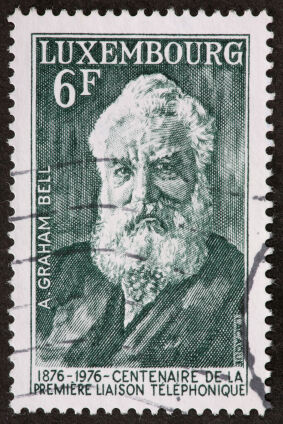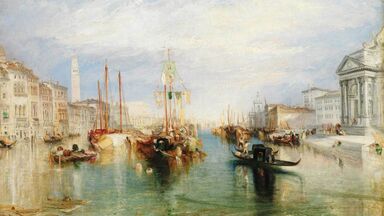It is said to have been written by the Neapolitan arch-presbyter Leo, who was sent by Johannes and Marinus, dukes of Campania (941-965) to Constantinople, where he found his Greek original.
Moreover, it veiled the honest attempts that were making both in France and Germany to find real grounds for establishing an improved state of things, and consequently the labours of De Blainville, Etienne, Geoffroy St-Hilaire and L'Herminier, of Merrem, Johannes Muller and Nitzsch-to say nothing of others-were almost wholly unknown on this side of the Channel, and even the value of the investigations of British ornithotomists of high merit, such as Macartney and Pvlacgillivray, was almost completely overlooked.
Indeed he was so much prepossessed in favour of a classification based on the structure of the digestive organs that he could not bring himself to consider vocal muscles to be of much taxonomic use, and it was reserved to Johannes Muller to point out that the contrary was the fact.
This thereat German comparative anato- Johannes great p mist did in two communications to the Academy of Sciences of Berlin, one on the 26th June 1845 and the other on the 14th May 1846, which, having been first briefly published in the Academy's Monatsbericht, were afterwards printed in full, and illustrated by numerous figures, in its Abhandlungen, though in this latter and complete form they did not appear in public until 1847.
These laws, as formulated by him, are that (1) there is a coincidence of form of the anterior palatal and of the cranium in birds of the same order; (2) there is a likeness between the anterior palatal bones in birds of the same order; (3) there are relations of likeness 1 The title of the English translation is Johannes Muller on Certain Variations in the Vocal Organs of the Passeres that have hitherto escaped notice.





